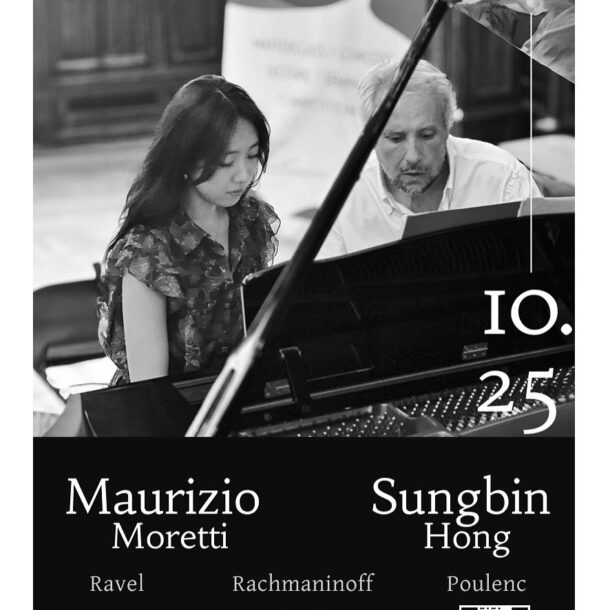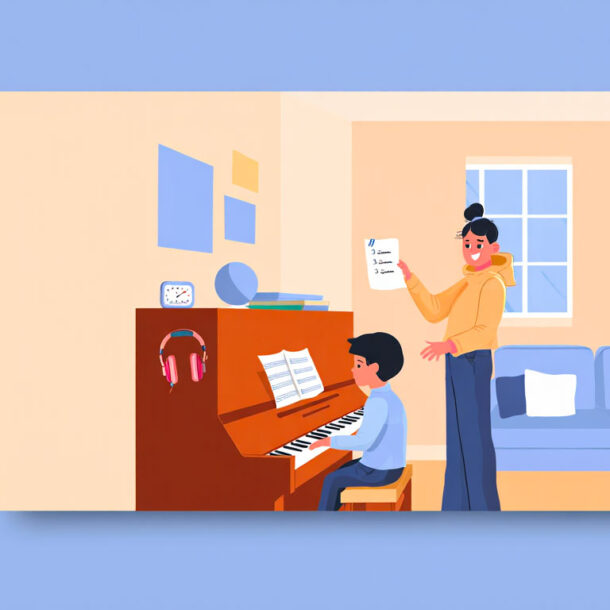- Overview
- Children
- Adults
- Online lessons
- Shop
- Booking
- Overview
- Children
- Adults
- Online lessons
- Shop
- Booking
Listening to Zhexiang Li is to enter a Chopin of rare sincerity, where every phrase breathes like a human voice. He does not play to demonstrate; he tells a story. The line unfolds with a natural, unforced rubato that lets poetry arise from the very heart of the score. The layers of sound are shaped with a finesse that illuminates the harmony from within; one hears the clarity of the voices, the suppleness of the cantabile, that sense of time which makes the climaxes feel inevitable.
His technique—impressive as it already is—is never foregrounded. It recedes to serve color, breath, and structure. Poised trills, a truly singing left-hand legato, agility without harshness, pedaling that is economical and exact: everything contributes to a musicality of astonishing maturity for his age. He possesses that quiet command that lets nuances live, from a carrying pianissimo to climaxes shaped by musical logic rather than by force.
What strikes one most is the clarity of his purpose. Nothing is ornamental; everything is essential. He achieves a rare balance between stylistic rigor and the freedom of invention—a capacity to let the form be heard while preserving the freshness of the moment. In this regard, his reading of Chopin is not merely promising; it is already fully inhabited.
There is no doubt in my mind that Zhexiang Li will rank among the greatest of his generation. His combination of musical intelligence, poetic depth, and exceptional technical command already places him at a level that surpasses the excellence expected of young virtuosos. The future will only confirm what the ear already hears with unmistakable clarity.




